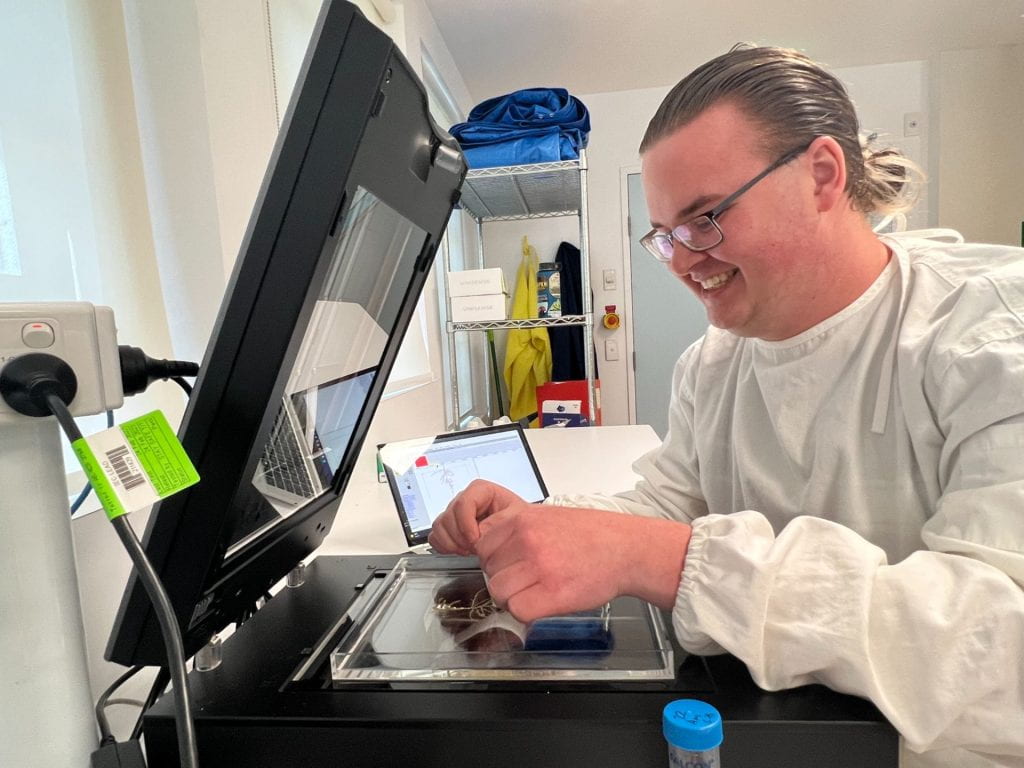Carbon Sequestering
Roots are the first input of carbon into soil, but are the ‘missing half’ of terrestrial carbon accounting because they are out of sight of the human eye. We see a large untapped opportunity to engineer plant roots to increase soil carbon.
Using biotechnology, we are engineering plant root cells to sequester carbon longer in soils. Synthetic biology gives up the tools to switch on or off carbon biochemical pathways in specific cells of roots, at specific times in the crop life.
We aim to design and provide the gene circuitry to plant breeders to make future crop plants that function above ground as normal for food and harvested products, but have roots with the dual function of taking up water and nutrients, as well as increasing soil carbon.
This area has received seed funding from the University of Melbourne E = mc2 program and we are currently looking for industry and philanthropic partners.
